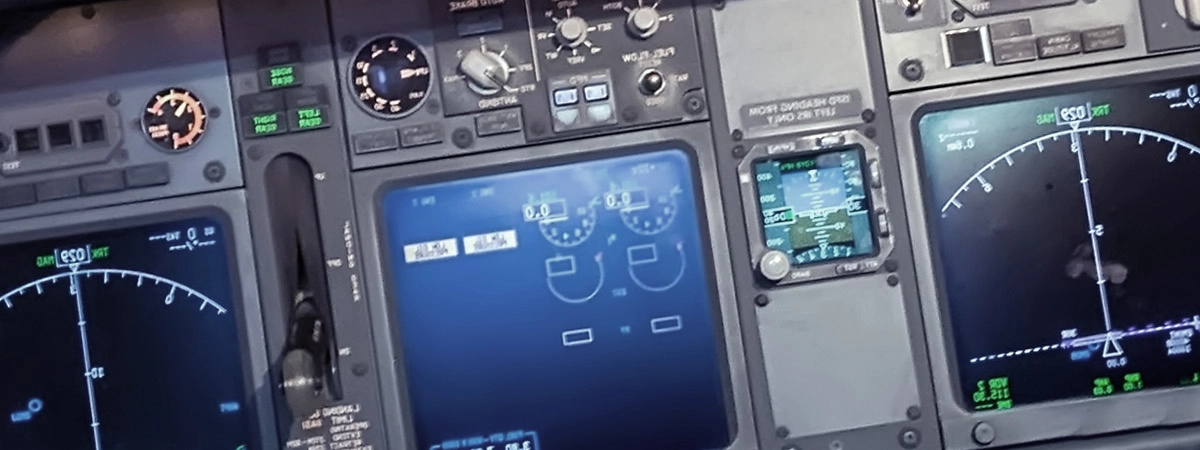IMO Res. MSC.112(73) Voyage Data Recorder (VDR) Testing
The International Maritime Organization's Resolution MSC.112(73) mandates the installation of Voyage Data Recorders on ships, which are essential for recording and preserving critical operational data during a voyage. This ensures that vessels comply with safety regulations and can provide evidence in case of accidents or incidents at sea.
VDRs are required to meet strict international standards including ISO 19452:2018, which defines the performance requirements for Voyage Data Recorders on ships. These systems play a pivotal role in enhancing maritime safety by providing real-time data on vessel position, course, speed, and other relevant parameters.
Testing VDRs to ensure compliance with these standards is crucial for ship owners and operators. This testing involves verifying the accuracy of recorded data, ensuring proper functioning under various environmental conditions, and validating that the system adheres to all specified criteria. Our laboratory offers a comprehensive suite of tests tailored specifically to IMO Resolution MSC.112(73) requirements.
Our state-of-the-art facilities simulate real-world scenarios to test VDRs under extreme conditions such as temperature variations, humidity, and salt spray. This helps identify potential weaknesses in the system that could lead to data loss or corruption during critical moments of a voyage.
The testing process typically includes multiple stages: initial setup verification, performance testing across different operational modes (navigation, communication), and final acceptance tests. During these tests, we use high-fidelity simulation tools to mimic various maritime environments accurately.
Our team of experts employs advanced instrumentation to measure key parameters like GPS accuracy, data logging frequency, memory capacity, and power consumption. All results are meticulously documented and compared against international standards to ensure compliance.
A robust reporting mechanism is also in place, providing detailed reports highlighting any deviations from the expected performance levels. These insights help ship operators make informed decisions about maintenance schedules and potential upgrades necessary for maintaining optimal operational efficiency.
In summary, our IMO Res. MSC.112(73) VDR testing service ensures that vessels meet stringent international safety standards while enhancing overall maritime security through reliable data recording capabilities.
Scope and Methodology
The scope of our IMO Res. MSC.112(73) VDR testing includes a comprehensive range of tests designed to verify compliance with the specified requirements set forth by the International Maritime Organization (IMO). This encompasses both functional and performance evaluations, ensuring that each system meets the stringent criteria outlined in ISO 19452:2018.
Functional Testing:
- Verification of basic functionalities such as power-on sequence
- Check for proper initialization upon installation
- Demonstration of data recording capabilities during various operational modes
Performance Testing:
- Evaluation of GPS accuracy within specified tolerances
- Testing the frequency and integrity of data logging intervals
- Assessment of memory management systems ensuring sufficient storage capacity
- Validation of power consumption levels under different load conditions
Environmental Simulation:
- Exposure to temperature extremes ranging from -20°C to +70°C
- Humidity testing up to 95% relative humidity for extended periods
- Salt spray simulation to mimic coastal maritime conditions
Testing Environment:
- Use of realistic scenarios based on historical accident data
- Incorporation of dynamic sea state variations through advanced motion platforms
- Simulation of various communication channels for robustness checks
All tests are conducted using industry-standard equipment and methodologies, ensuring accurate and reliable results. Our rigorous testing protocols help identify any areas where improvements might be needed before deployment.
Why Choose This Test
- Compliance Assurance: Ensures strict adherence to international maritime safety standards.
- Risk Mitigation: Identifies potential issues early, reducing the risk of accidents at sea.
- Data Integrity: Guarantees accurate and reliable voyage data recording for incident investigations.
- Informed Decision Making: Provides detailed reports aiding in strategic vessel maintenance plans.
- Quality Assurance: Validates that all systems perform consistently with expected standards across different environments.
- Enhanced Safety: Supports the overall maritime safety initiatives by ensuring robust VDRs.
- International Recognition: Meeting these stringent tests enhances your reputation among industry peers and regulatory bodies alike.
- Cost Efficiency: Preventing costly repairs due to non-compliance or operational failures post-installation.
By choosing our IMO Res. MSC.112(73) VDR testing service, you not only ensure compliance but also contribute towards creating a safer and more efficient maritime environment.
Use Cases and Application Examples
| Use Case | Description | Application Example |
|---|---|---|
| Data Integrity Verification | Ensuring accurate data recording during critical events. | A ship involved in an incident where VDR data was used as evidence for the investigation. |
| Navigational Aid Enhancement | Incorporating real-time navigation information into voyage logs. | An oil tanker using advanced GPS and environmental sensors to enhance route planning accuracy. |
| Communication Channel Reliability | Testing the robustness of communication channels under varying conditions. | A passenger ferry operating in areas with intermittent cellular coverage ensuring uninterrupted data transmission. |
| Maintenance Planning Optimization | Identifying potential system failures before they lead to operational disruptions. | A cargo vessel using VDR data to schedule regular maintenance checks based on usage patterns and environmental exposures. |
| Safety Incident Analysis | Providing comprehensive records for post-incident analysis. | An investigative team reviewing VDR logs from a fishing trawler involved in an accident off the coast of Mozambique. |
| Vessel Performance Monitoring | Tracking vessel performance over time to identify trends and areas for improvement. | A cruise line monitoring fuel consumption and speed variations across different routes to optimize fleet efficiency. |
| Regulatory Compliance Audits | Meeting rigorous standards required by maritime regulatory bodies. | An international freight carrier undergoing an audit by the IMO to verify compliance with VDR regulations. |
These examples illustrate how VDRs contribute significantly to enhancing safety and operational efficiency in the marine industry. Our testing ensures that these systems operate optimally, providing valuable insights for continuous improvement.





